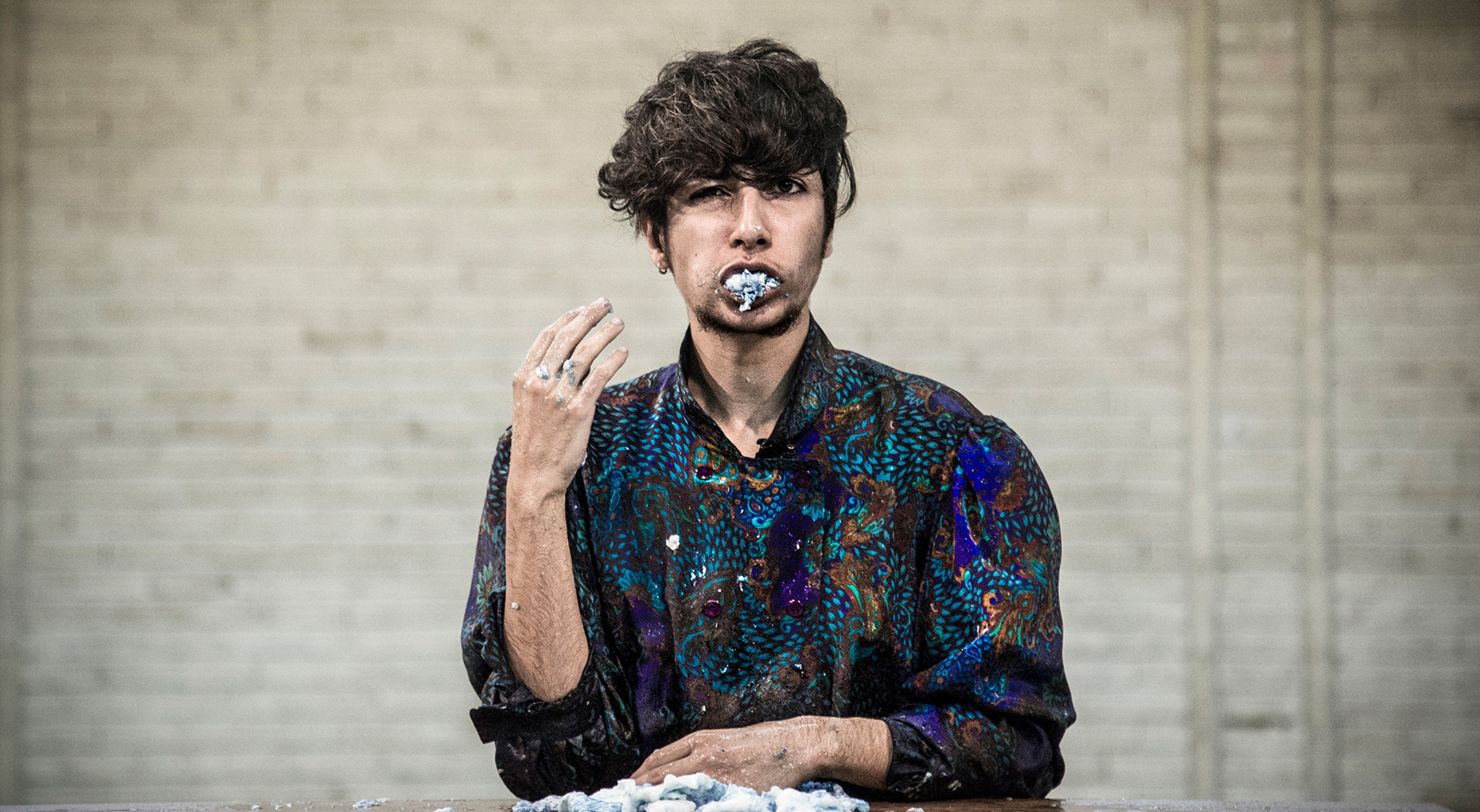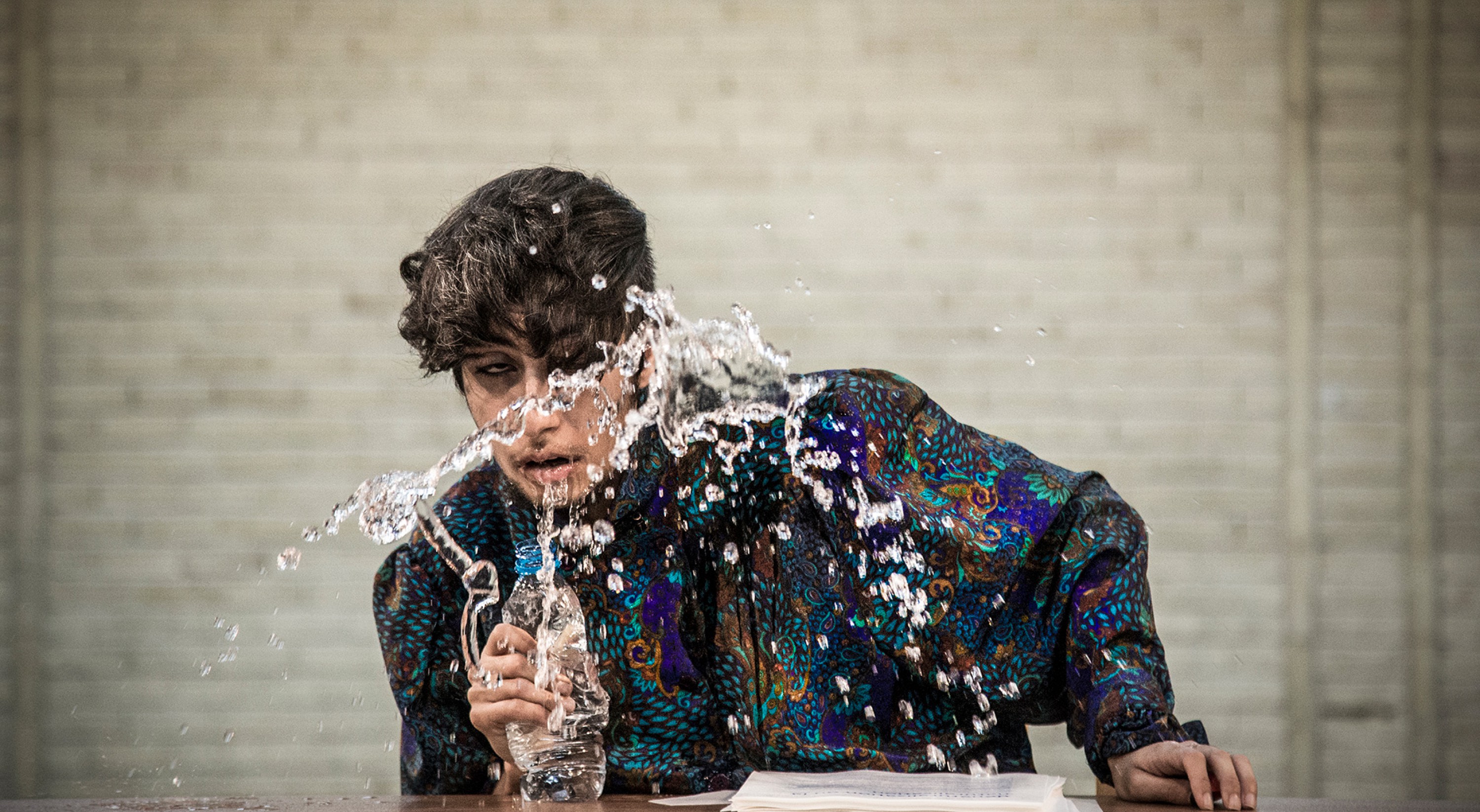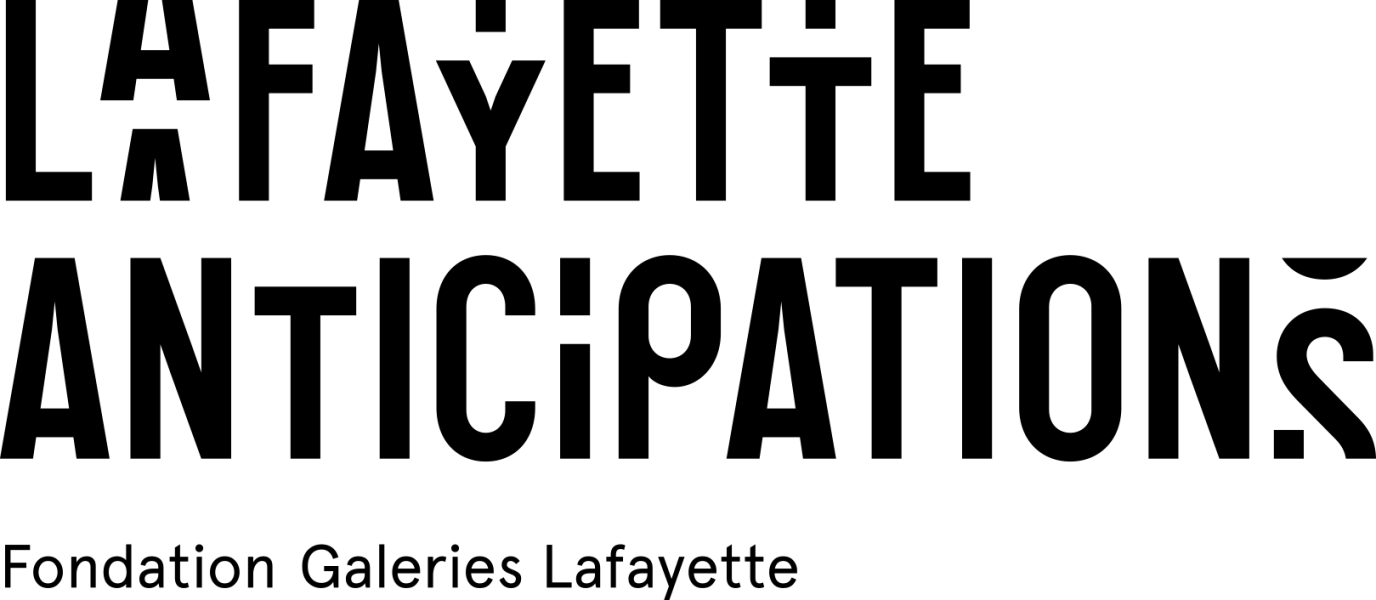Sorour Darabi
Echelle Humaine - Farci.e
septembersept 23 – 24
Bodies are the vectors of this new edition of Échelle Humaine. Whether they be choreographed, directed, or imaginary, they occupy all the spaces of Lafayette Anticipations and invite us to observe what is beneath the surface of the world: our infatuations and our refusals, our hesitations and our affirmations, and our tenacity.
What can a discourse on identity and gender mean if it is formulated in a language that assigns a gender to the words themselves? This is the silent question posed in this solo by the Iranian artist Sorour Darabi.
In Farsi, his mother tongue, the language in which he.she began to think and name things, there is no genre, neither for objects nor for ideas.
The word gender is "جسن†ی†ت" (jenssiat), which means matter. When it is applied to objects, it designates their materiality: the genre of the word table is wood, metal, or melamine. By analogy, for Sorour, his kind is skin, muscles, bones, vessels. But then, what is the gender of the word gender itself? What is its material? How can one think in a language that gives genre to ideas?
In French, an object that we can't name becomes "a thing". Therefore, is a body that we can't generate a thing a thing? But une chose, in French, is feminine, isn't it? Are all things feminine? The word feminine is masculine, however.
––––––
Running time: 40 minutes
In the same place


